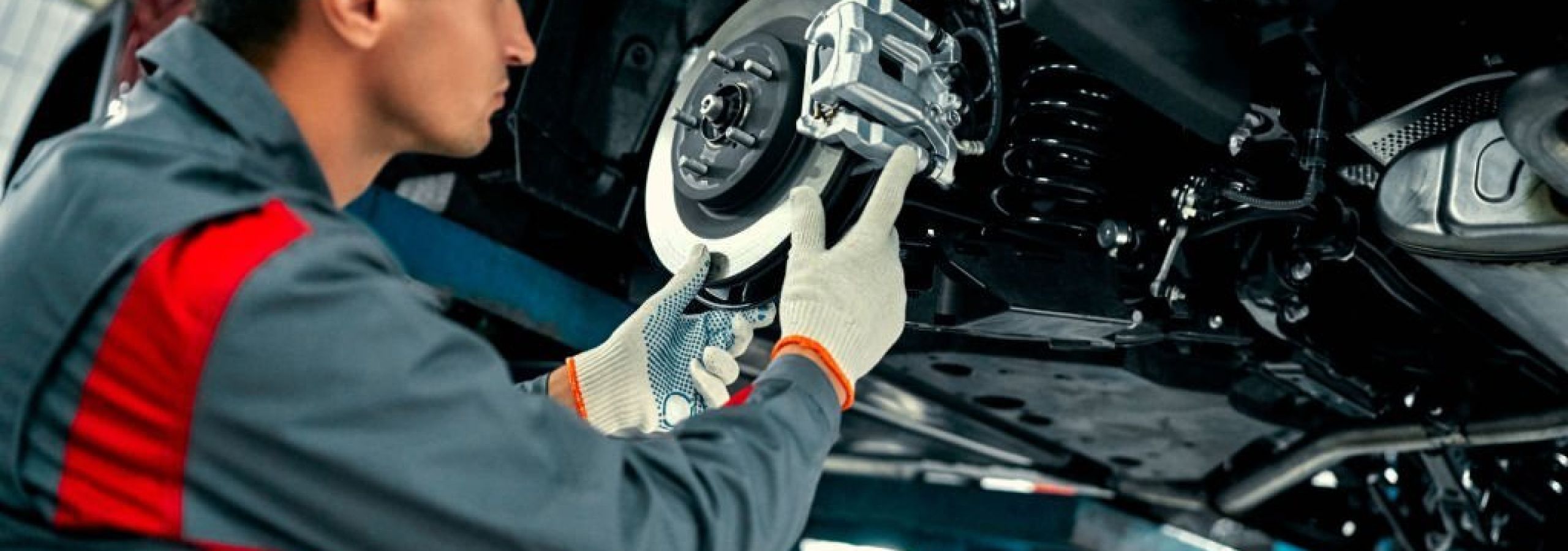
Reasons To Change Your Car’s Breaks
It is necessary to make sure your vehicle is safe to run on roads, and one of the safety measures is to keep your brakes checked periodically by a certified mechanic.
Brakes are one of the most important parts of your car. Therefore, you need to pay attention to it. If you sense any change in it or it’s working indicates the need for a service, then spare no time and get them fixed.
There are some obvious signs that might hint at the worsening condition of your car’s brakes like if a brake light appears on your dashboard or your car takes a long time to stop than usual. But there are other signs as well that might indicate an ailing brake system. Below are the five indications about your cars that you should never ignore.

1. Worn Pads
The function of the pads is to stop the car when friction occurs between it and the rotor. When these pads are worn out, they become less and less effective at stopping or slowing down your vehicle.
You can see the pads between the caliper and rotor and analyze them carefully. Ideally, your pads should be at least one-quarter of an inch thick. If you observe them be thinner, then rush to your mechanic to have them replaced.
2. Strange Sounds
Brake pads have a wear indicator that squeals when your places need replacing. The sound is usually high-pitched and loud enough to be heard clearly.
Besides the squealing sound, you may also notice a grinding sound, meaning your pads are completely worn out, and you are grinding the rotor’s metal.
3. Pulling
Have you experienced your car behaving like it is trying to turn left or right while driving or braking? This indicates a problem with the braking system. The cause of this unintentional movement might be a stuck caliper. Two other causes that may cause this car movement could be collapsed brakes and uneven pads. Whatever the case, if you observe any sudden movement of your car, get it checked right away.
4. Vibrations
Rapid brake-pedal pulsing is expected when you execute emergency break-in brakes with antilock breaks. However, if your brake pedal is pulsating in normal conditions, your braking system needs to be serviced. This vibration indicates warped rotors due to extreme stress for an extended period.
5. Temperamental Pedal
In addition to thrumming, your brake pedal can make your car’s braking system need examination.
If your pedal feels mushy or goes practically to the floor before you press the brakes, your car might have worn pads or a problem with the hydraulic system.
The opposite of the mushy pedal is the one that causes the break to grab immediately at even the slightest touch. This indicates an unevenly worn rotor, dirty brake, or contamination of the liquid by moisture.
In both cases, taking your car to a mechanic is essential to get it mended.



